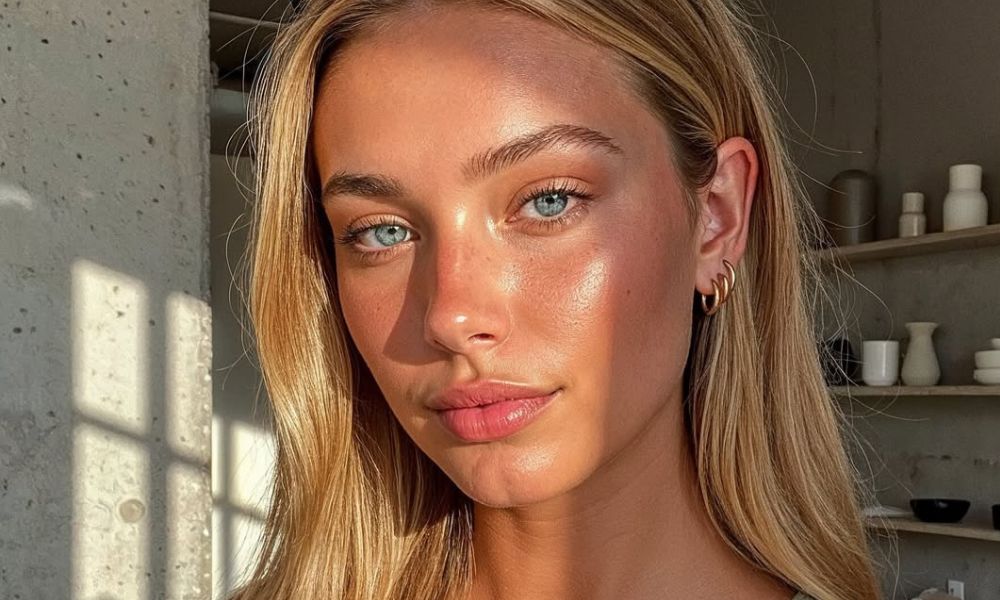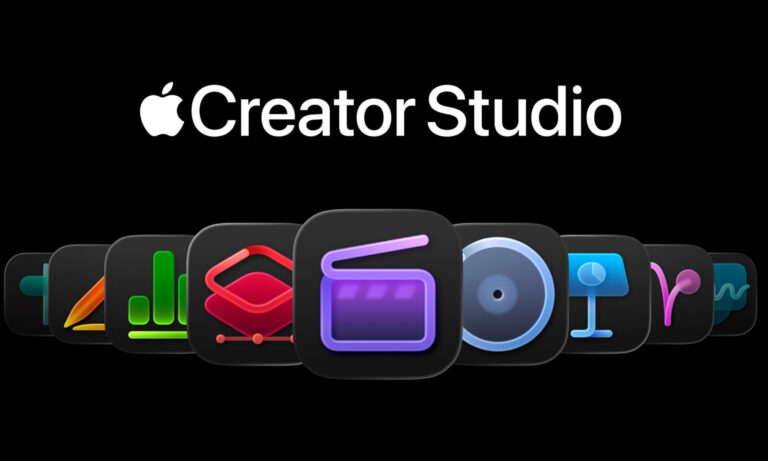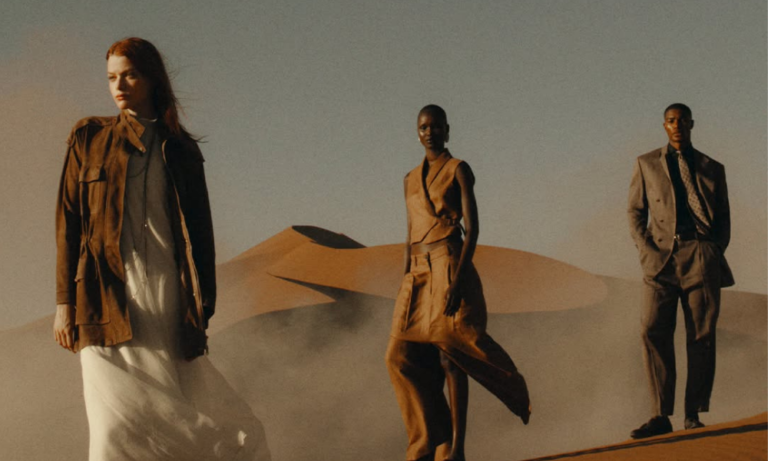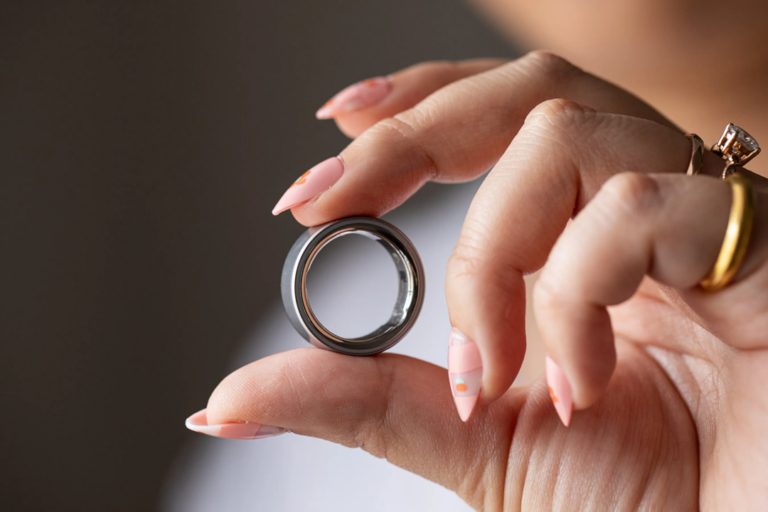AI has sneaked into every part of our lives, even if we’d rather pretend it hasn’t. Sure, it’s making work faster and more efficient, but sometimes it pulls a stunt that makes you stop and think, “Wait, are we really okay with this?” The latest shakeup? AI-generated influencers who are so lifelike it’s hard to believe they aren’t real. These hyperrealistic digital darlings are flooding our feeds, modeling luxury, sharing deep thoughts, and raking in followers—all without ever leaving the virtual realm. It makes you wonder: what’s the point of this digital masquerade? Is this some next-level art project, a slick money-making hack, or a sign that social media influence has hit a whole new level of errr… fake? And where does it leave us, the real people scrolling, double-tapping, and buying what these pixels are selling?
We’ve all accepted AI’s role in our daily grind. But it was a different story when AI was just behind those funky animated videos or chatbots. Now, humanlike AI-influencers are taking up space on our digital feeds, making it harder to discern what’s real and what isn’t. This is no longer just a tech novelty; it’s a cultural jolt that questions what’s real in a world where even your favorite influencer might just be a digital ghost.
Take, for example, the case of Mia Zelu, an AI-generated persona that “attended” Wimbledon 2025. The digital influencer posted glamorous courtside shots and more, racking up 163k followers and counting. But here’s the kicker: Mia isn’t real. She’s a creation of AI wizardry, a hyperrealistic mirage that had everyone fooled until her true nature was revealed.
Mia’s Instagram feed was a masterclass in deception—flawless images, poetic captions, and the right dose of exclusivity. Her comments were disabled, probably to keep the illusion intact. Her posts felt personal and real, diving into emotions like burnout and vulnerability, which only made her seem more human. It’s a testament to how far AI storytelling has come, blurring the lines until it’s nearly impossible to tell who’s real and who’s code.
The moment these AI personas began mimicking human nuance, things got interesting. The perfect smile, the candid confession in a caption, the carefully curated mood lighting—it’s all engineered to pull you in. And it’s working. These virtual characters have amassed followers in the hundreds of thousands, proving that illusion is sometimes just as powerful as reality.
Behind Mia Zelu is a team of anonymous creators who understand that authenticity is currency. They blend fashion, lifestyle, and emotion to build a persona that people trust and admire, even though she’s a fabrication. It’s influence without a body, without a soul, but with all the trappings of modern celebrity.
AI influencers are a strategic response to a shifting digital landscape. For brands and marketers, these virtual celebrities offer a way to control the narrative perfectly. No scandals, no bad days, just nonstop, tailored content that hits every note. By combining AI’s capacity for image creation with savvy storytelling, creators produce “influencers” who can be finely tuned for audience engagement. The result? A marketing machine that never sleeps, never slips up, and keeps followers hooked.
The rise of AI influencers opens a can of worms. Are these digital figures a new form of artistic expression, or just a soulless hustle? Is this progress, or are we losing something vital in the process?
Some argue these AI creations are pushing creative boundaries, melding technology and storytelling in ways never seen before. Others see them as empty facades designed purely to cash in on social media trends, lacking any genuine connection. The boundary between real life and digital fantasy grows thinner every day. This ambiguity shakes the foundations of online trust and challenges what authenticity means. As AI personas multiply, trust takes a hit. When your favorite influencer might be a sophisticated digital construct, how do you know what to believe?
AI influencers like Mia Zelu are rewriting the rules of social media. As AI tech advances, expect these virtual stars to grow more sophisticated. They may start blending with virtual reality, or even team up with human influencers. They make us rethink authenticity, creativity, and trust in a digital age. Whether this trend will redefine influence or fade away remains to be seen. But one thing’s clear: the future of content creation is no longer entirely human.
ALSO READ: YOUR PRIVATE SLICE OF PARADISE AWAITS AT THE RITZ-CARLTON AL HAMRA BEACH IN RAS AL KHAIMAH.



